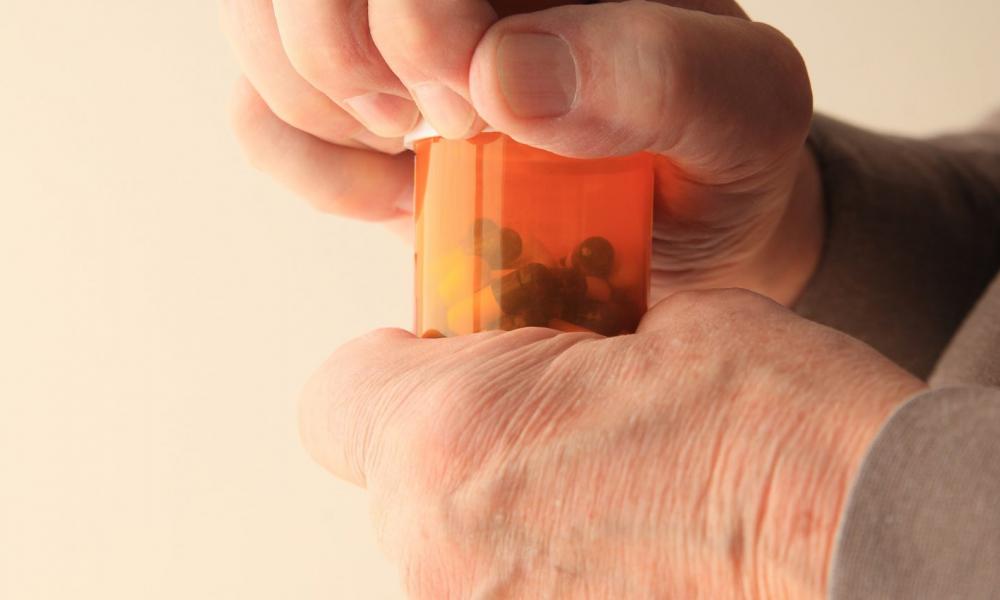
Many DMARDs act on the immune system to cause ‘immunosuppression’. This reduces the activity of the immune system which is attacking and damaging healthy joints. This can not only relieve symptoms but also reduce the risk of long-term damage to your joints.
DMARDs may be used on their own or combined with other DMARDs or medicines to gain the best control of your arthritis.
There is also a specific group of DMARDs available, known as ‘biological DMARDs’. These block certain substances in the blood and joints that cause inflammation. This reduces inflammation and halts joint damage. In addition to biological DMARDs there are ‘targeted synthetic DMARDs’. These are small molecule DMARDs that inhibit the messages or signalling within the immune system to dampen down the immune system and reduce inflammation in arthritis.
Biological and targeted synthetic DMARDs can only be used if other (conventional) DMARDs have not worked. DMARDs, biological DMARDs and targeted synthetic DMARDs are usually only prescribed by specialists such as your rheumatologist. Regular blood tests are usually necessary to test the effectiveness of these medicines and to check for any unwanted side effects. For more information on biological DMARDs see Things to consider when taking a biologic.
Use our medication search to find out more information about specific DMARDs, biological DMARDs and targeted synthetic DMARDs that have been prescribed for you.
Important medicine tips
- Understand why you are taking the medicine and what the possible side effects are. Ask your pharmacist for the Consumer Medicines Information (CMI) leaflet for your medicine.
- Always read all medicine labels and take your medicines as directed. If you have any questions check with your doctor or pharmacist.
- Keep a personal record of all your medicines with you, including doses and allergies. This can be useful when you are talking to your doctor or pharmacist.
- Always talk to your doctor or pharmacist before taking any over-the-counter medicines, including natural medicines, as some medicines cause problems if taken together.
- Do not share your medicines with friends or relatives – the medicines you are taking may be harmful to them.
CONTACT YOUR LOCAL ARTHRITIS OFFICE FOR MORE INFORMATION ON ARTHRITIS AND SUPPORT SERVICES.









